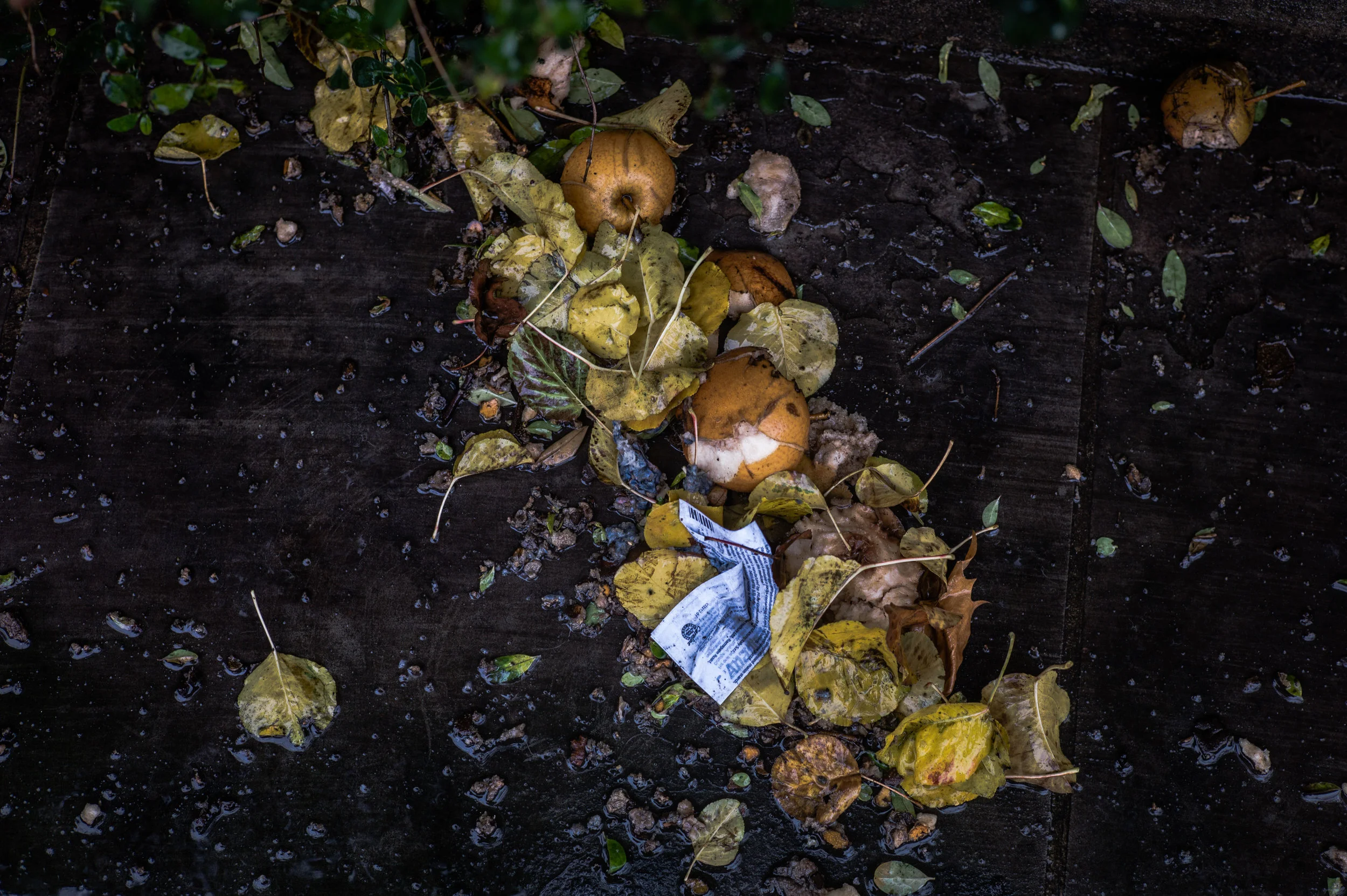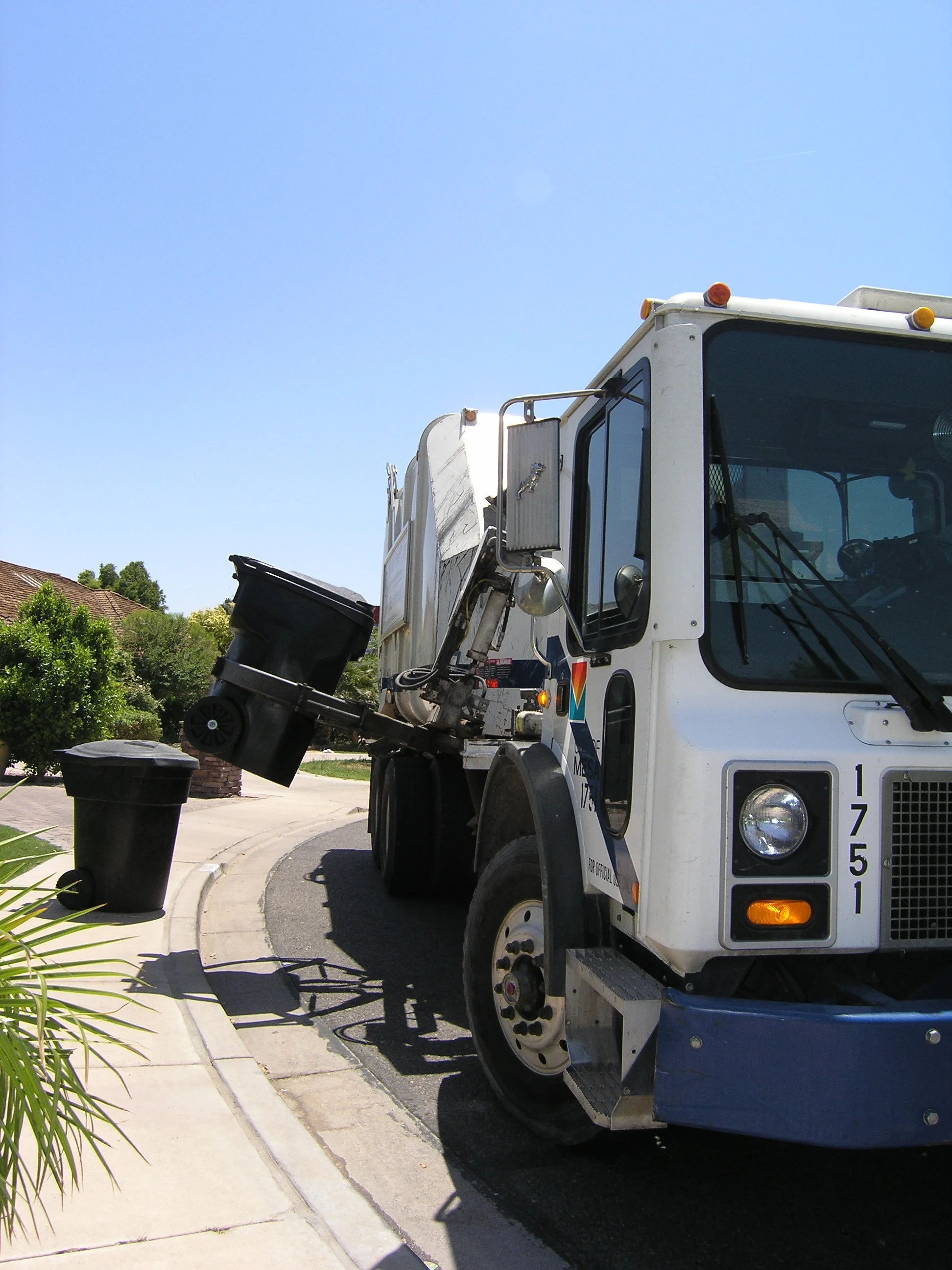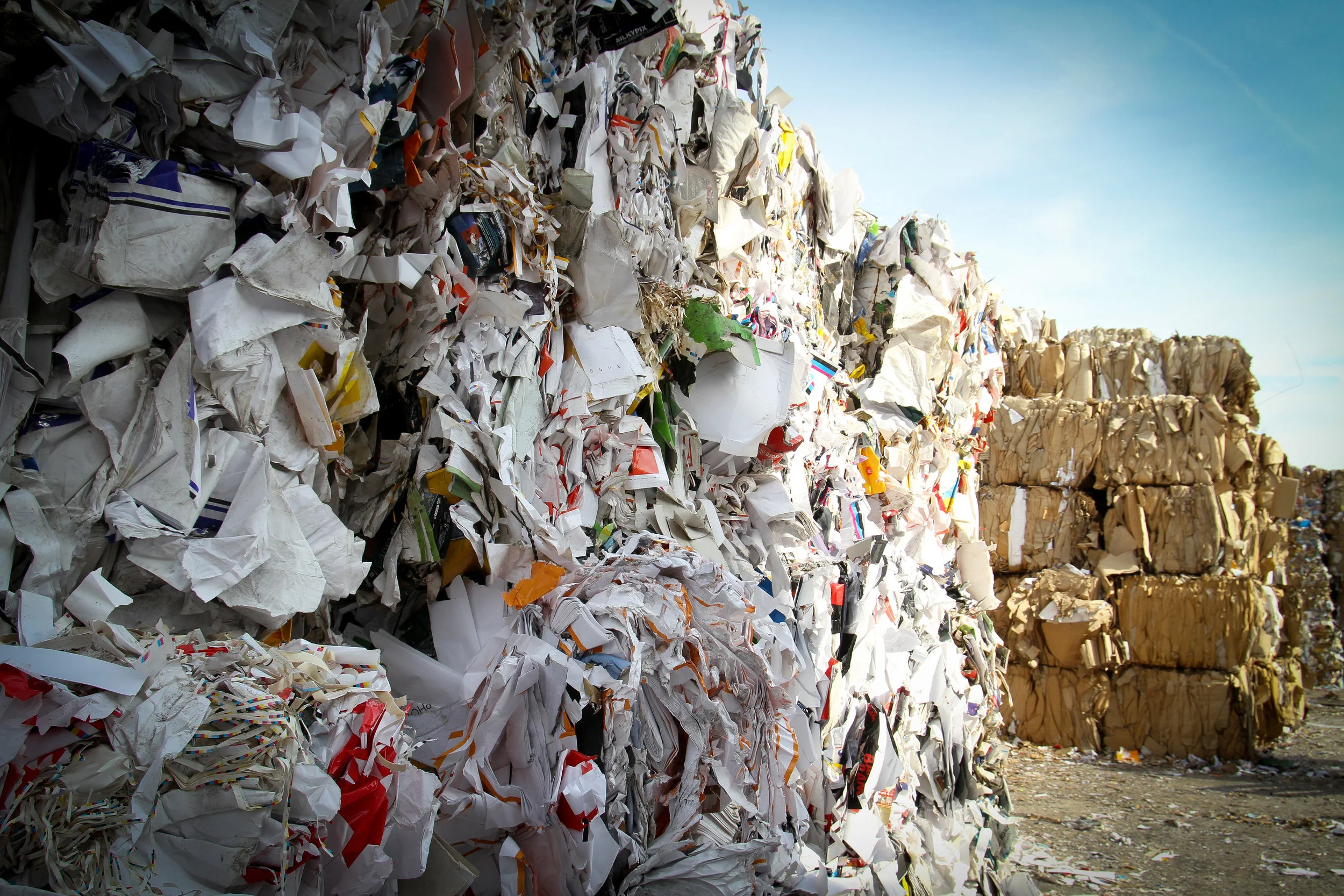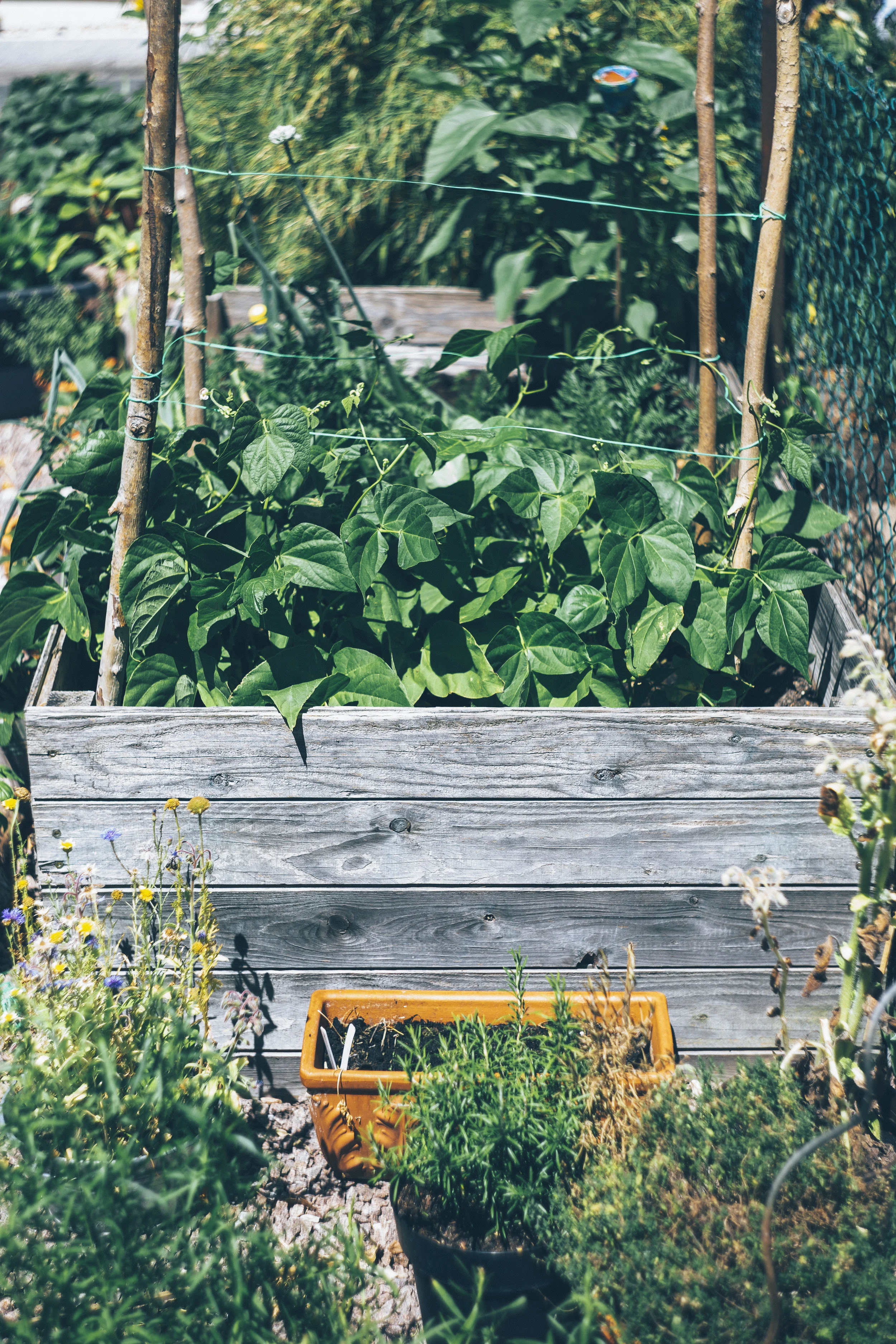What is Composting and Why is it Important?
Simply put, composting is the breakdown of organic matter such as food waste, leaves, and cut grass which naturally fertilizes the soil. Compost helps energize the soil, research shows that compost enhances the ability of vegetable plants to stand up to common diseases. Compost also helps the soil retain moisture. It is even thought that it may improve the flavor and nutritional content of fruits and vegetables.
Composting is also a great way to reduce your carbon footprint, by reducing the amount of trash you create. This is important because it is estimated that an American family produces approximately 20 pounds of food waste every month. When this food waste is not composted, it has to be transported from the home to a landfill. This is an extremely inefficient process. The average garbage truck only gets about three miles per gallon due to the constant starting and stopping as they move from house to house. Once the garbage is collected locally it can travel up to 500 miles before reaching its final destination, the landfill. Having food waste handled this way is very inefficient since it could have been handled locally via composting.
Food waste in the landfill creates another problem not seen with composting: the production of greenhouse gases. This is due to the fact that oxygen is required for the chemical reaction that turns food waste into nutrient dense compost. In a landfill, garbage is sealed into airtight enclosures. This is done to prevent toxins from leaching into groundwater, but this also causes food waste to decompose anaerobically (without oxygen), which produces a gas mixture of methane and carbon dioxide; both of these are greenhouse gases. Greenhouse gases trap heat in our atmosphere contributing to global warming. Methane is an extremely detrimental greenhouse gas since it is 25-34 times more powerful than carbon dioxide at trapping heat. Due to the anaerobic decay of food waste in landfills, every pound of food thrown away creates 3.8 pounds of greenhouse gas emissions. The good new is that by creating a compost pile, you are cutting down those emissions.
If you’re like me, these statistics make you want to start composting yesterday, so we decided to do a series of blog posts to get you going on your composting journey. While composting does involve a little effort, we promise you can handle it with minimal interruption to your daily life and without devoting a ton of space in your home or yard! Come back next post to read about how to get started!




